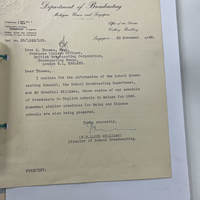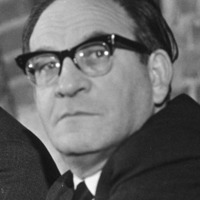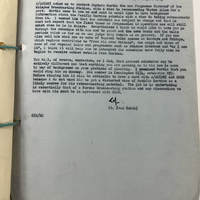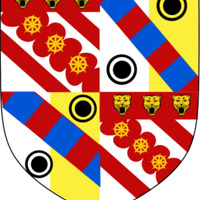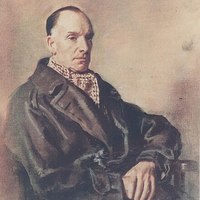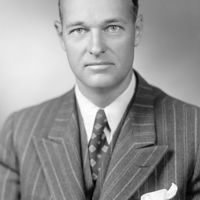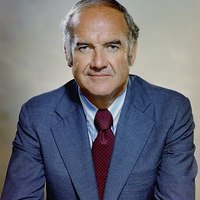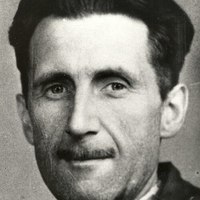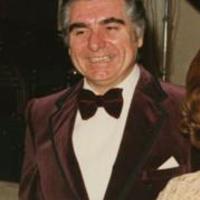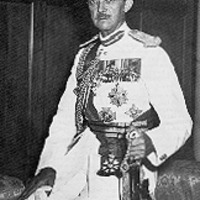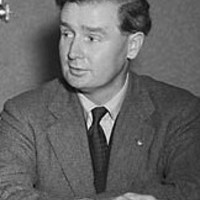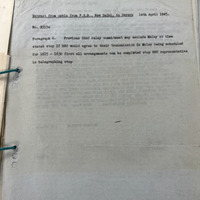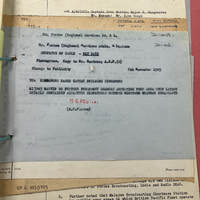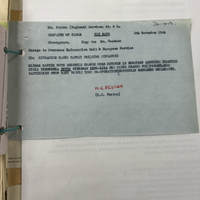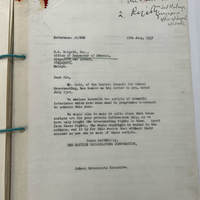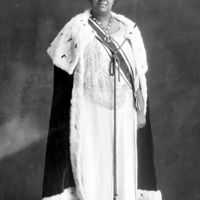Malaysia
- 1786 - 1795 British claim Penang and Malacca falls to Britain
- 1909 Unfederated Malay States in the Malay Peninsula organized, joining the Federated Malay States and Straits Settlements as components of Malaya
- 1926 Malayan Wireless Committee submits recommendations for permanent government radio service.
- 1930 Reports of reception of shortwave frequencies from the BBC in London but peak listening hours in South East Asia did not synch .
- 1932 Empire Service transmissions to South and South East Asia began
- 1935 Authorization of the British Malaya Broadcasting Corporation (BMBC) granted.
- 1937 BMBC's first transmission
- 1940 Government-owned Malayan Broadcasting Corporation takes over assets of BMBC.
- 1953 The BBC establishes a relay station in Tebrau.
- 31 August 1957 Official Declaration of Independence from the British
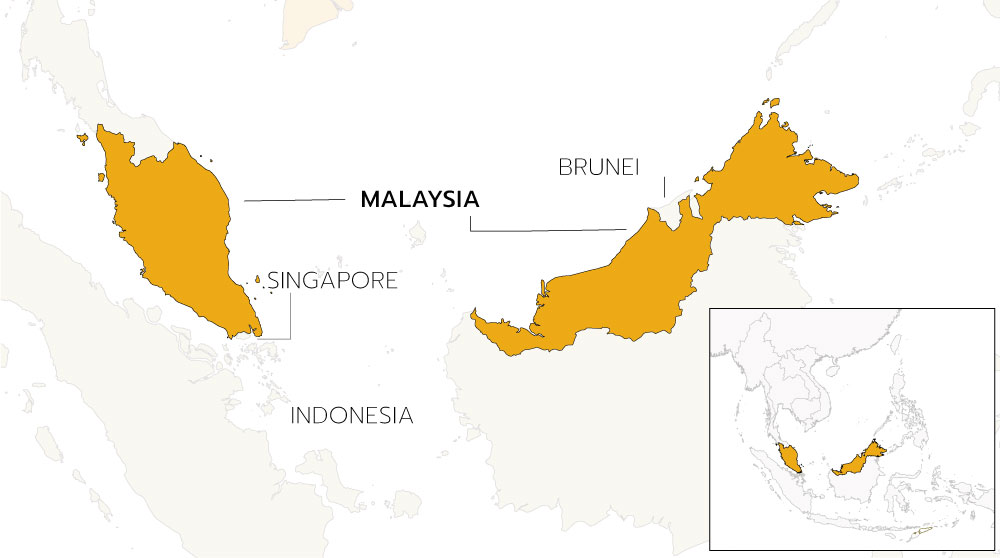
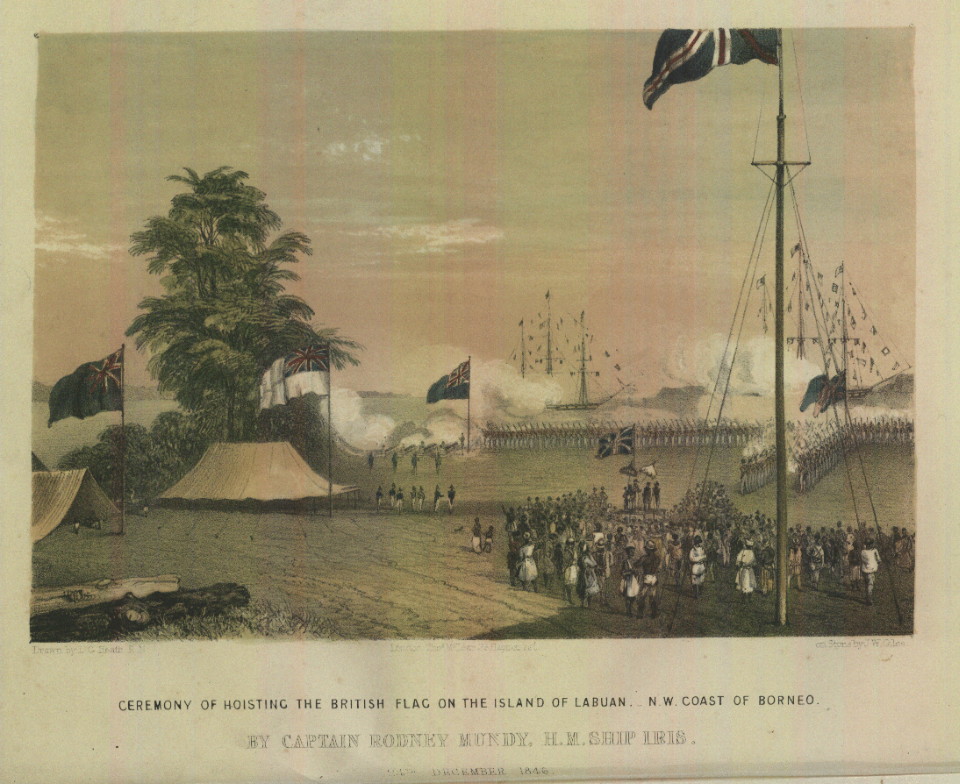
In January 1930, an editiorial from the Straits Times expressed views of what might have been widely held among British expatriates of the day. At that point, the BBC was broadcasting on short wave for distant listeners from 1927 on an experimental basis from Chelmsford, but the poor reception of BBC broadcasts through relays was frustrating for those eager to use the medium.
The B.B.C. is an institution of which we may well be proud. It gives by far the best wireless service to the world. Our only quarrel with it at the present time is that it has done little or nothing for those of us who live in Malaya. (A Threat to the BBC,1930).
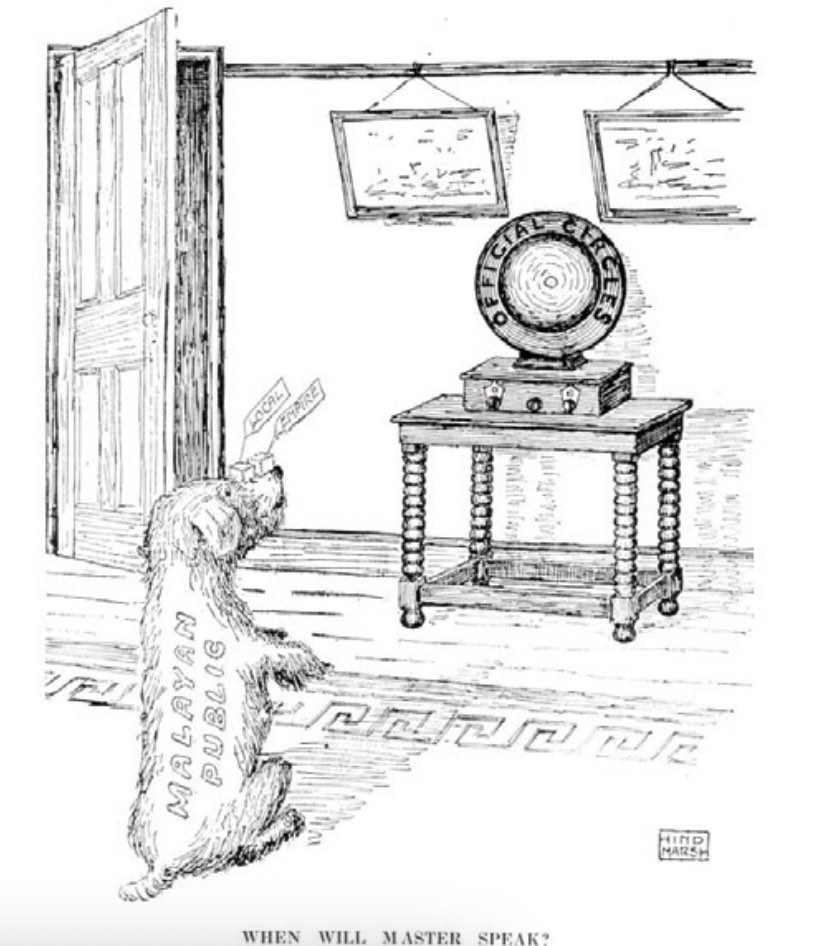
Complaints persisted through various articles and letters to the editor in newspapers published in British Malaya from 1930 onwards. In an article titled "Radio in Malaya" in the Malaya Tribune, the writer invites readers to listen to the King's Speech, noting that the BBC will broadcast it. However, the writer adds, "it will probably be very difficult to hear it in Malaya, for Chelmsford has been little more than a faint whistle for many days" (Malaya Tribune, 17 January 1930, Page 8). The article suggests there is a possibility that one or more Dutch stations might relay the program, in which case "Malayan listeners might hear the King quite well."
The article also sarcastically critiques a review of the shortwave station in Chelmsford, where a Mr. Chattan assures his English readers that reception from the station compares favorably with other stations and that "reports from the Far East are equally favourable." The writer counters with, "where do these people get their information from? Batches of letters have gone to the BBC complaining about the disgracefully poor service of 5SW" (Malaya Tribune, 17 January 1930, Page 8).
When the BBC finally launched its Empire Service in 1932 using dedicated short-wave technology transmitting from Daventry, the response was enthusiastic. It was considered a turning point for radio in British Malaya. By mid-June 1933, Malayan listeners could tune into Empire programmes for seven and-a-half hours each day.
The programming included news bulletins, music (both live and from gramophone recordings), religious services, talks, and sports reports and the ubiquitous tolling of the BIg Ben. Additionally, a reliable radio schedule titled “Empire Radio To Night” was published in the daily press, marking a significant improvement over the earlier days when the Malaya Tribune relied on its readers to submit reception reports and schedules of “likely transmissions.”
A letter from a listener on a Malayan estate recalls their experience of the first Christmas broadcast, describing how "as we sat down to dinner that night, Big Ben boomed through the house – and to an exile, that experience alone is far from being unmoving" (World Radio, 1933 c).
Other listeners in Malaya, describing themselves as "five quite typical English people, rather less, than more, emotional than most." wrote in to express the significance of the King's inaugural speech:
"Nothing we could say would adequately express what it meant to us .. to hear the King speak, as if he were actually standing beside us here in our tropic garden.. We have little to hold on to these days .. and we lose the sense of belonging anywhere .. in the space of a few minutes all that is altered - faith in the King and a sense of belonging to him, loyalty and pride of race, as well as a feeling of unity, restored what we were losing." (World Radio 1933c E4/6)
The relay of radio signals from Daventry to parts of what is now Malaysia, continued through the 30's to the early 40's.
World War II
The outbreak of World War II in Europe and the impending threat of Japanese aggression in Asia introduced new challenges. The British Ministry of Information established the Far Eastern Bureau in Singapore to combat enemy propaganda in Asia. The proximity of Singapore
In 1947, the Straits Times announced Britain's plans to increase the "range, volume and variety of radio broadcasts to the people of South East Asia" by building in Malaya 5 or 6 transmitters of equivalent power to the BBC's shortwave overseas transmitters in South Johore. The article also says that most of the British broadcast material to be transmitted from Malaya will be pre-recorded or relayed from London. The total cost to Britain to broadcast from Malaya would be from 15 to 20 Million dollars.(The Straits Times, 9 September 1947, Page 7)
A BBC relay station, was built in Tebrau and was constructed on a huge rolling estate of several hundred acres in the year 1953. The original transmitters were six in number; four new units at 7.5 kW and two 100 kW units transferred from the old BFBS base at Jurong on Singapore island.
In the early 50's, broadcasting activities in Malaya were operated from its temporary studio in Jalan Young (now know as Jalan Cenderasari) in Kuala Lumpur and later in 1956, were moved to the Federal House, Kuala Lumpur. It was here that broadcasting in Malaysia grew with the establishment of several stations throughout the country including Sabah and Sarawak. Commercial advertisements were first aired on radio in 1960. This became a new source of revenue for the Government. An interesting point to note is that 'deejays' began to use the introduction "INILAH RADIO MALAYSIA" (This is Radio Malaysia) to greet listeners.
Broadcasting further carved another milestone when Television services were introduced on 28 December 1963 from its studio, Dewan Tunku Abdul Rahman, Jalan Ampang. Broadcast operations then moved office to Angkasapuri Complex which began its telecast on 6th October 1969, Radio and Television were merged under the Ministry of Information. The growth of the first channel, Rangkaian Satu encouraged the second channel to be established on 17th November 1969.
Read More
Malaysia
Indonesia
Singapore
Myanmar
Hong Kong
Vietnam
Thailand
Cambodia
The Philippines
Brunei
Laos
Timor-Leste




